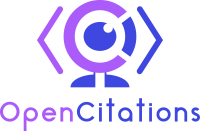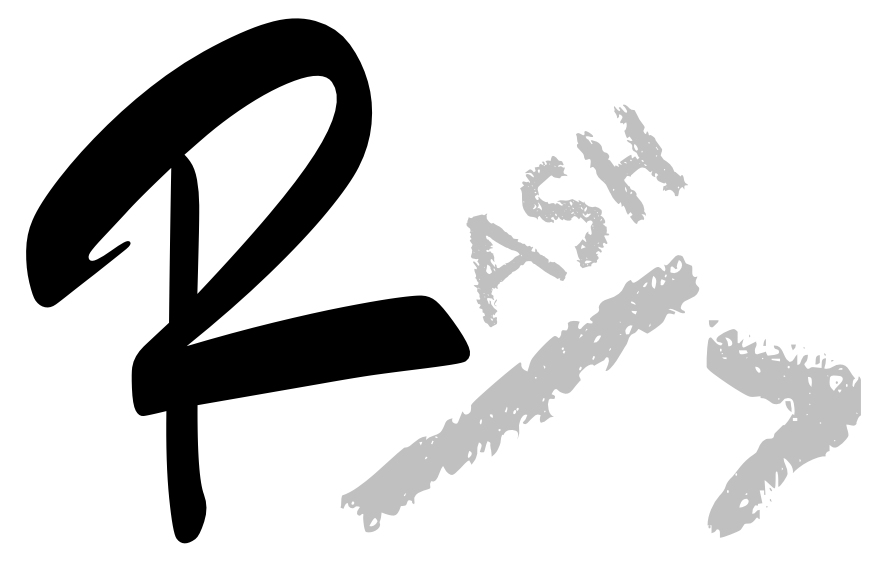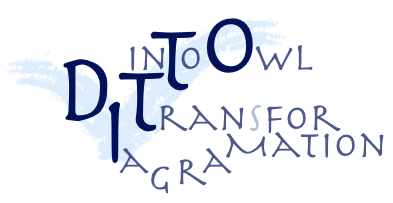Projects
This page lists some of the main projects and initiatives in which I am directly involved in.

OpenCitations | OpenCitations is a scholarly infrastructure organization dedicated to open scholarship and the publication of open bibliographic and citation data by the use of Semantic Web (Linked Data) technologies, and engaged in advocacy for semantic publishing and open citations. It is currently managed by the Research Centre for Open Scholarly Metadata, an independent research centre within the University of Bologna, that has an International Board drawn from leaders within the main bibliographic stakeholder communities of relevance (librarians, bibliometricians, academics, data service providers, etc.) who have shown past solid commitment to open scholarship.
GRAPHIA | Social sciences and humanities (SSH) are essential for informing cultural, economic and ethical decisions, but they are often disconnected and inaccessible, limiting their impact on research and society. The EU-funded GRAPHIA project aims to create a comprehensive SSH knowledge graph (KG) that consolidates fragmented data into a single access point, enhancing the visualisation and analysis of SSH data. The project will employ an innovative KG approach, using AI to enrich, access, and analyse SSH knowledge, including the development of LLM4SSH (a large language model for SSH). This initiative will help researchers uncover insights from unstructured data, providing clearer insights into social phenomena and cultural trends. GRAPHIA’s SSH Citation Index will simplify the extraction and enrichment of citation data across SSH disciplines.

LUMEN | Research platforms that provide access to tools, services, and data have become invaluable in encouraging, enabling, and enhancing scientific research in recent years. Digital technologies have improved access while reducing costs. The EU-funded LUMEN project will use the successful GoTriple discovery platform to build a white-label discovery solution that can be accessible for any discipline. Three other platforms will be developed in molecular dynamics, mathematics, and Earth systems. The four platforms will be interoperable to facilitate dialogue and collaboration between scientists and domains without reducing specificities and needs of each. Furthermore, by developing new interdisciplinary solutions, the project will equip researchers with faster and easier research processes, powerful tools, and access to innovative resources.

CHANGES | CHANGES involves several Italian actors – 11 universities, 4 research institutions, 3 schools for advanced studies, 6 companies, and 1 centre of excellence – to promote and preserve Italian cultural heritage in compliance with the aforementioned European policies. CHANGES covers different aspects of CH, including digital and ecological transitions, and it is organised into nine different thematic sub-projects.

OpenAIRE Nexus | OpenAIRE-Nexus brings in Europe, EOSC and the world a set of services to implement and accelerate Open Science. In particular, OpenAIRE-Nexus onboards to the EOSC fourteen services, provided by public institutions, einfrastructures, and companies, structured in three portfolios: PUBLISH, MONITOR and DISCOVER. The services are widely used in Europe and beyond and integrated in OpenAIRE-Nexus to assemble a uniform Open Science Scholarly Communication package for the EOSC.

SPICE | The overall aim of the SPICE project is to develop tools and methods to support Citizen Curation, in which citizens actively engage in curatorial activities to learn more about themselves and develop a better understanding of, and empathy for, other communities.
SPAR Ontologies | The Semantic Publishing and Referencing Ontologies, a.k.a. SPAR Ontologies, form a suite of orthogonal and complementary OWL 2 DL ontology modules for the creation of comprehensive machine-readable RDF metadata for every aspect of semantic publishing and referencing: document description, bibliographic resource identifiers, types of citations and related contexts, bibliographic references, document parts and status, agents' roles and contributions, bibliometric data and workflow processes.

RASH Framework | The RASH Framework is a set of specifications and writing/conversion/extraction tools for writing academic articles in RASH, i.e., a markup language defined as a subset of HTML for writing scientific articles with embedded RDF annotations.

LODE | LODE (Live OWL Documentation Environment) is a web service that automatically extracts classes, object properties, data properties, named individuals, annotation properties, general axioms and namespace declarations from an OWL ontology available on the Web, and renders them as ordered lists, together with their textual definitions, in a human-readable HTML page designed for browsing and navigation by means of embedded links.

Graffoo | Graffoo (Graphical Framework for OWL Ontologies) is an open source tool that can be used to present the classes, properties and restrictions within OWL ontologies, or sub-sections of them, as clear and easy-to-understand diagrams.

Ditto | Ditto (Digrams Transformation into OWL) is a tool that enables the automatic transformation of E/R (with crow's foot notation) and Graffoo diagrams developed in yEd into OWL ontologies, according to three different transformation schemes.
